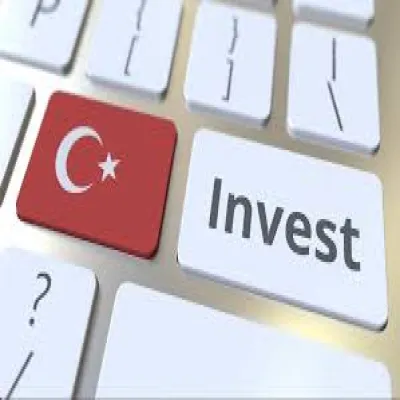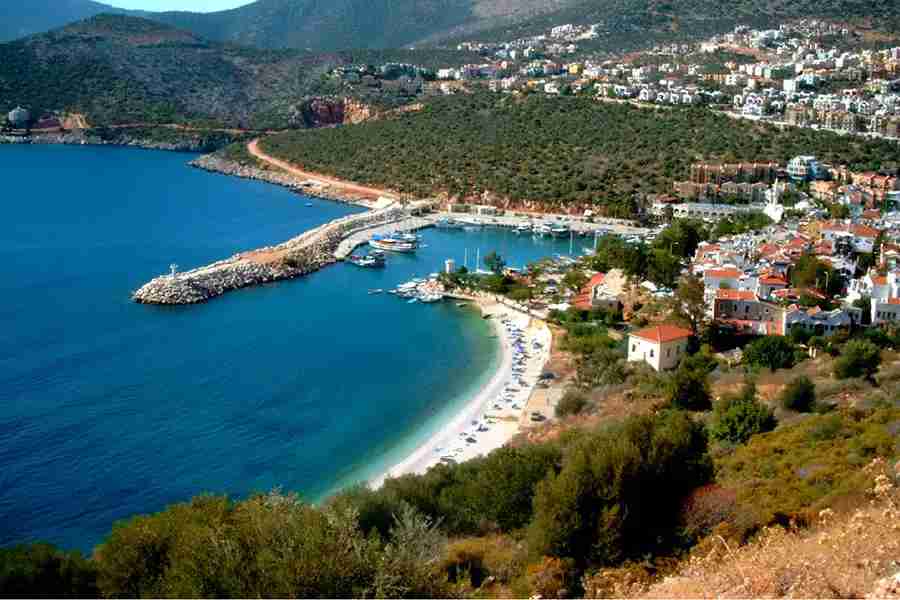By. Justin Mays
Turkish financial markets and currency was shaken last month when Sahap Kavcioglu replaced Naci Agbal as the Turkish Central Bank governor. The shift in leadership was allegedly over Agbal’s differences with Erdogan over interest rate hikes. Erdogan’s unorthodox view that high interest rates fuel inflation and slow economic growth clashed with Agbal’s setting the rates higher in the short term. Erdogan maintains that when rates increase, borrowing decreases, leading consumers to spend less and curbing inflation. Kavcioglu, is the country’s fourth central-bank governor in less than two years also advocates for lower rates, responding to the change in leadership, the market has been volatile due to Erdogan’s interference with the autonomy of the central bank. According to the Washington Post, in other countries, giving central bankers the autonomy to determine short-term rates is seen as insurance against the impulse of politicians to boost credit at the expense of the economy’s longer-term health which has raised the uncertainty for foreign investors. Some economists--dubbed the neo-Fisherites--do share a version of Erdogan’s view although it has not been adopted as any country’s monetary policy. Turkish officials are reassuring investors that the country will stay with free markets and prioritize price stability.
Currently conditions make it more challenging to bet against the lira or unwind positions, however, a Reuters forecasting poll of 24 economist surveyed between April 6-13 shows a more rosy long-term outlook for the Turkish economy. Predictions point to:
- Turkey’s economy quickly rebounding from coronavirus pandemic measures despite high inflation remaining its main issue.
-The economy is anticipated to grow by 4.8% in 2021. The projection comes as growth is expected to surge to 14.9% in the second quarter due to the base effect
.-The poll average showed the economy was expected to expand 3.7% in 2022.
The foreign market for property for sale in Turkey will likely not affect buying and rental markets under high inflation conditions and sometimes even has the hidden benefit of lowering the cost when purchasing in foreign currency. For now Turkey’s central bank is keeping the benchmark interest rate at 19%. This was decided during the first monetary policy committee meeting under the new governor, Sahap Kavcioglu on April 15.















